PH TOP ENVOY IN SEOUL CALLS ON MARRIAGE MIGRANTS TO ORGANIZE
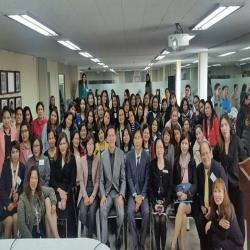
Philippine Ambassador to South Korea Raul S. Hernandez (center) is flanked by Atty Yang Yeon-soon, Chair of Committee for Immigrants Foreigners and Refugees in the National Human Rights Commission of Korea (left) and Atty Ahn Jae-seock, a civil litigation lawyer, at the 1st Quarter 2016 Consultation-Dialogue with Filipino Marriage Immigrants (FMI) held at the Rizal Hall of the Philippine Embassy Chancery on 19 March 2016.
SEOUL, 19 March 2016 - Philippine Ambassador to South Korea Raul S. Hernandez called on volunteers and coordinators among the Filipino Marriage Immigrant (FMI) community in the Korean capital and neighboring provinces to keep on organizing and engaging fellow FMIs, especially those living in remote or outlying areas, in the first town hall-style gathering held on 19 March 2016.
"Your attendance here today is a manifestation of your commitment to serve our compatriots. Like shepherds tending to a flock, your inspired and active leadership would encourage other Filipino women in similar situations to organize and help even more women unconditionally," the Philippines' top envoy in South Korea said at the 1st Quarter 2016 Consultation-Dialogue with FMIs.Ambassador Hernandez added that in fulfilling its mandate, the Embassy will not cease in finding ways and means to serve Filipinos around Korea. He reminded the participants to share whatever lessons they learned from the Dialogue with the aspiration to address the challenges commonly faced by FMIs.
Embassy officials face challenges in reaching out to FMIs, only a tenth of whom are registered with the Commission of Filipinos Overseas (CFO) as required, and who often live in remote areas, such as the mountainous Gangwon Province, and the western coast away from urban or industrialized areas, mainly in South Chungcheong Province, as well as North and South Jeolla Provinces.
The event, which was held to mark National Women's Month in the Philippines, was attended by 68 participants, including members of the Seoul Filipino Parents and Children Organization (SFPCO), and the United Filipinos in Korea (UFILKOR), as well as volunteers of various civil society groups in Seoul, Incheon, Pyeongtaek and neighboring Gyeonggi and Gangwon Provinces.
UFILKOR was made up of national officers and representatives from Seoul, Bucheon and Ansan in Gyeonggi Province, and Wonju in Gangwon Province. Other faith-based groups included Philippine Blessed Missionaries in Korea (PBMK), International Christian Alliance of Fundamental Churches (ICAFC), and Soo Jung International Ministry of Incheon.
In addition, members of the United Filipinos in Nam-gu in Incheon (UFIN), Aida Village, a multi-cultural community of Asian migrant women operated by Incheon Women's Hotline, and Damayan Club of Korea.
Subsequent dialogues will be held in different locations around South Korea where there are concentrations of FMIs. It is a regular quarterly activity of the Philippine Embassy with the active involvement and support of the Office of the Social Welfare Attache.
Social Welfare Attache Lucita J. Villanueva, who facilitated this quarter's Dialogue, said the women leaders will serve as support system for their peers as they face the challenges of their married life here in Korea and empower them as they make their way in building their mixed culture families.
Ms Villanueva also led the discussion of the 12th Women with Disability Day pursuant to Proclamation 744.
A major highlight of the Dialogue was a presentation on Korean nationality and immigration laws by Atty Yang Yeon-soon, Chair of Committee for Immigrants Foreigners and Refugees in the National Human Rights Commission of Korea. Atty Ahn Jae-seock, a civil litigation lawyer, tackled the topics on divorce, its types and effects, and stepfather adoption and custody of children.
The resource speakers also dealt with examples of cases filed with the Seoul Family Court and other designated courts around Korea to illustrate effective concrete actions that can be taken by the volunteers and community leaders. In addition, Vice Consul Ella Karina R. Mitra gave consular updates and discussed the salient provisions of the Dual Citizenship Law.
During the Open Forum, participants took the floor to ask questions, such as the procedures to apply for Korean citizenship, as well as their rights and privileges as Korean citizens or dual citizens. The need to report the births of their children to the Embassy born to Korean fathers and at the time they were still Filipino citizens, came as very significant realization among the FMIs.
Social Welfare Attache Villanueva fielded questions on step-father adoption, noting specifically that the adoptive parent has the option of filing it here in Korea or in the Philippines.
In case of the former, the adoption decree issued by the Korean court could be recognized in the Philippine court, which could then order the Philippine Statistics Authority to correct the record of birth of the adopted child through the issuance of new birth certificate, thus completing the adoption process.
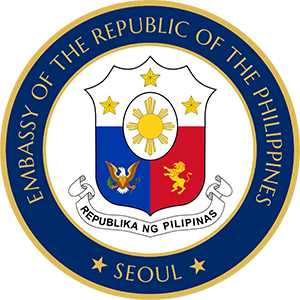


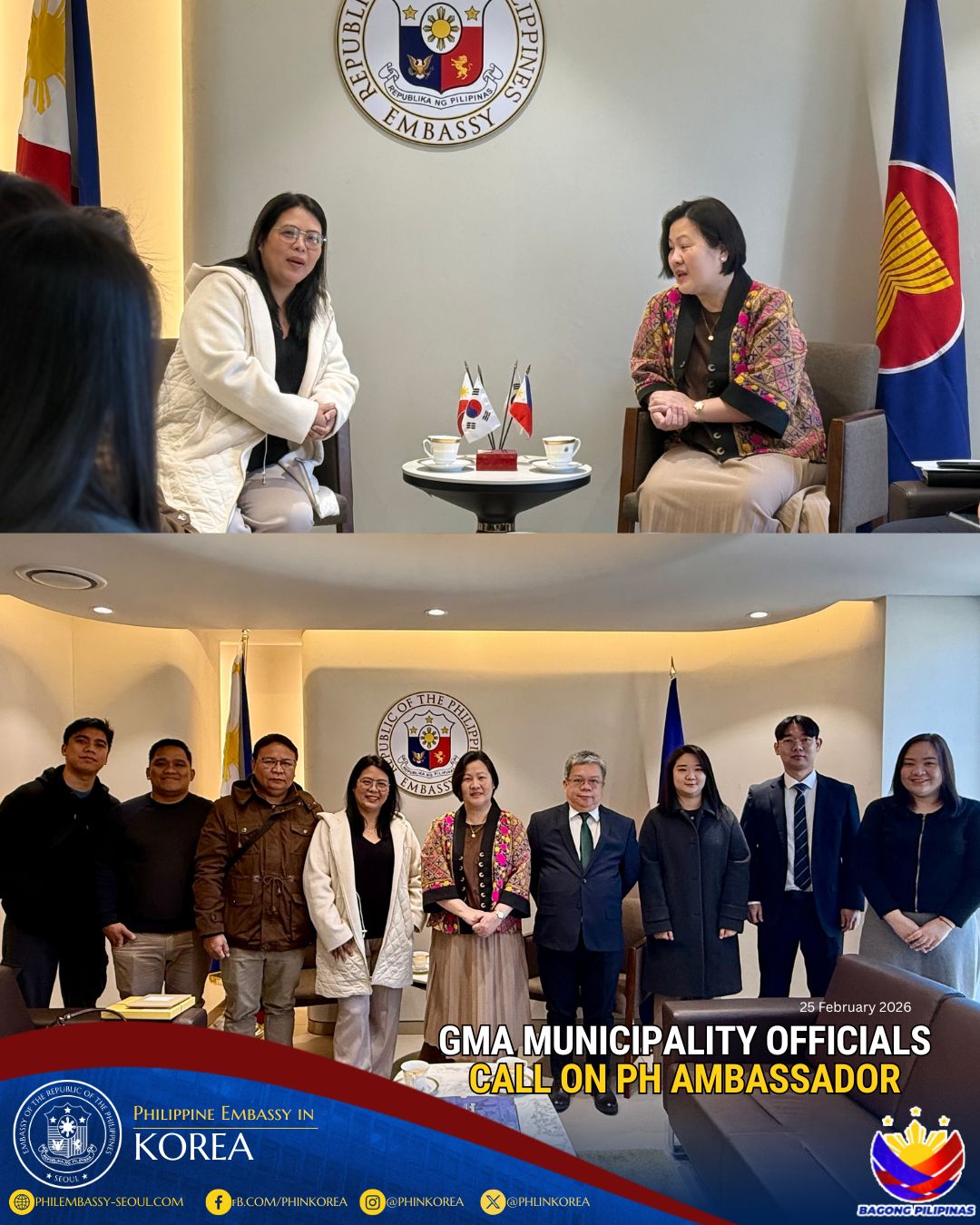 February 27, 2026
February 27, 2026
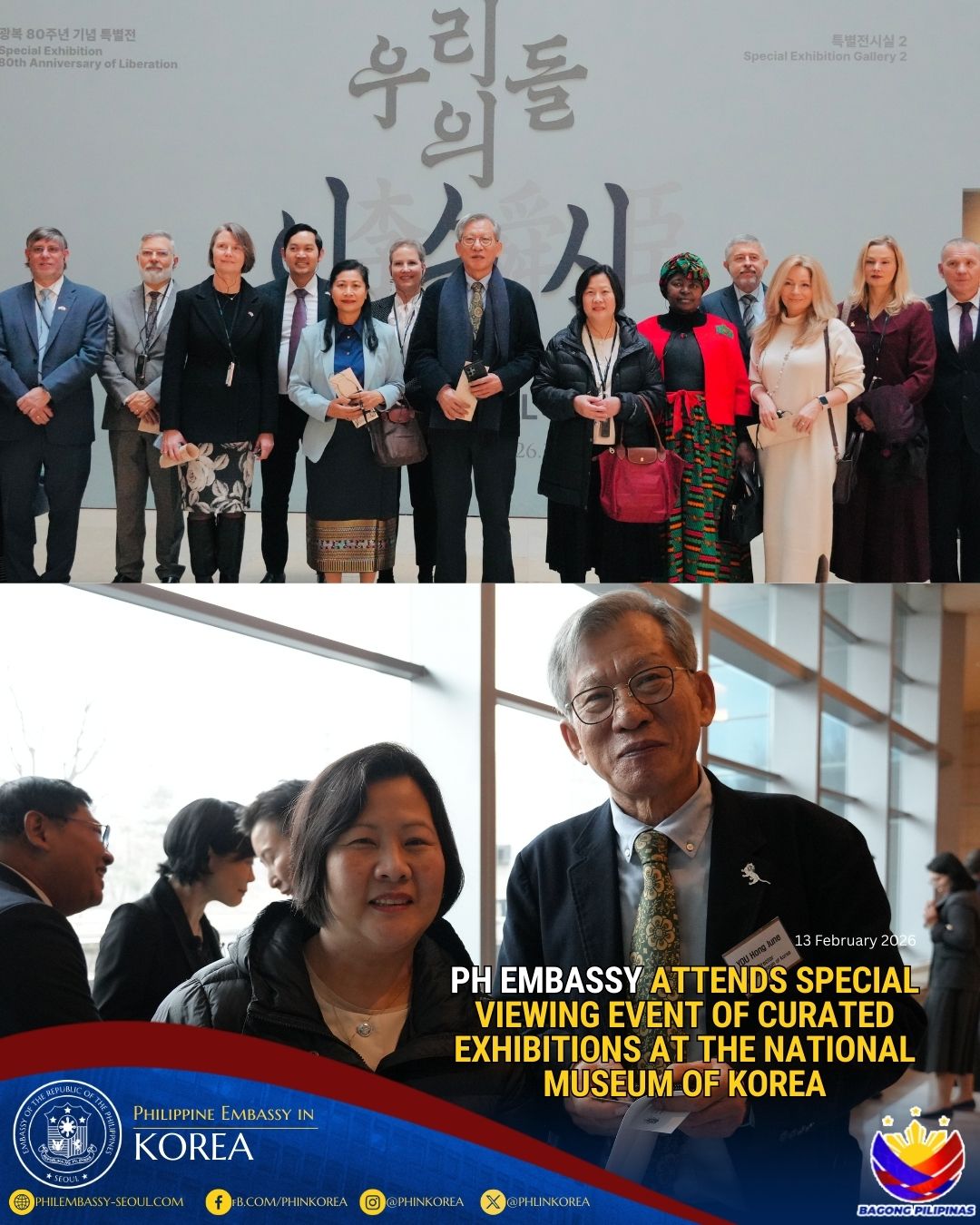 February 27, 2026
February 27, 2026
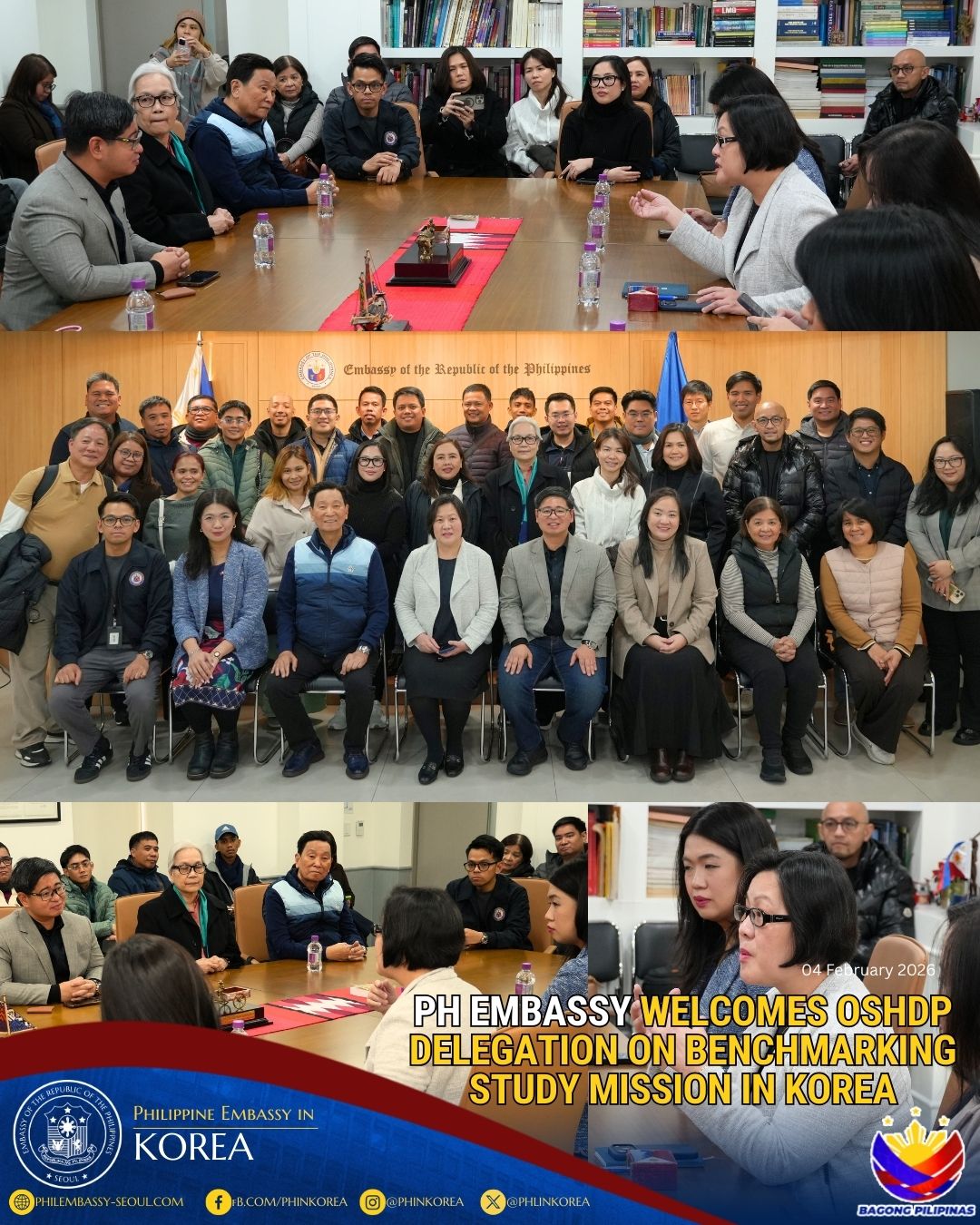 February 15, 2026
February 15, 2026
